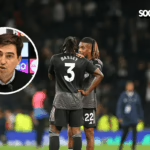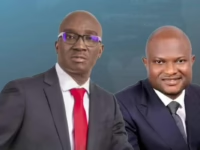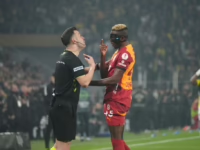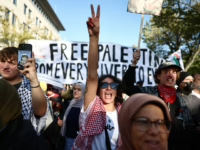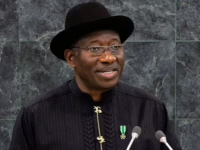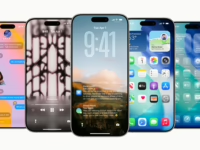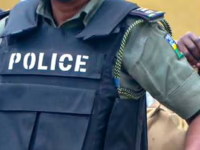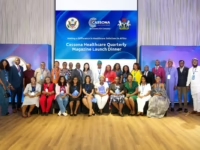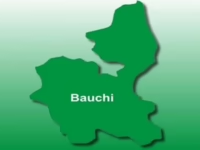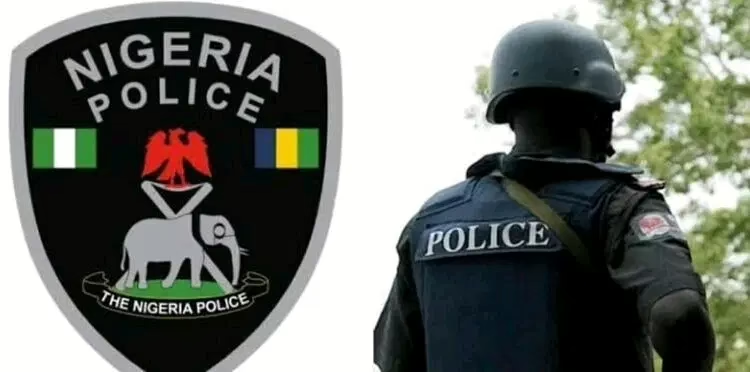A Federal High Court sitting in Warri, Delta State has ordered the Nigeria Police Force and the IGP to maintain the status quo in a suit challenging the legality of the new tinted permit enforcement by a lawyer, John Aikpokpo-Martins.
Civil society groups and the Nigerian Bar Association (NBA) have also voiced concerns, with the NBA filing a separate suit arguing that the enforcement framework was unconstitutional and riddled with transparency issues.
The legal challenge, however, questioned whether the Police have acted within the bounds of the Motor Vehicles (Prohibition of Tinted Glass) Act of 1991, which requires that permits be granted only for “good cause,” such as medical or security reasons.
Aikpokpo-Martins and other critics contended that the blanket enforcement disproportionately burdens motorists, infringes on constitutional rights to privacy and freedom of movement and risks perpetuating harassment by security agents.
While public complaints of harassment of motorists with factory-fitted tints grows by the day, the renewed push was defended on security grounds, with the police arguing that criminals often exploit vehicles with opaque glass to evade detection.
Questions have been raised about the handling of fees, accessibility of the application system, and the potential for abuse by officers on the road.
While the police maintain that the scheme was both lawful and essential for national security, the Warri court’s directive underscores the growing legal and public pushback.
The Nigeria Police had earlier directed official enforcement of the policy to commence in June 2025 after a 30-day grace period, this was later extended twice, first to August and then to October to give motorists more time to comply.


